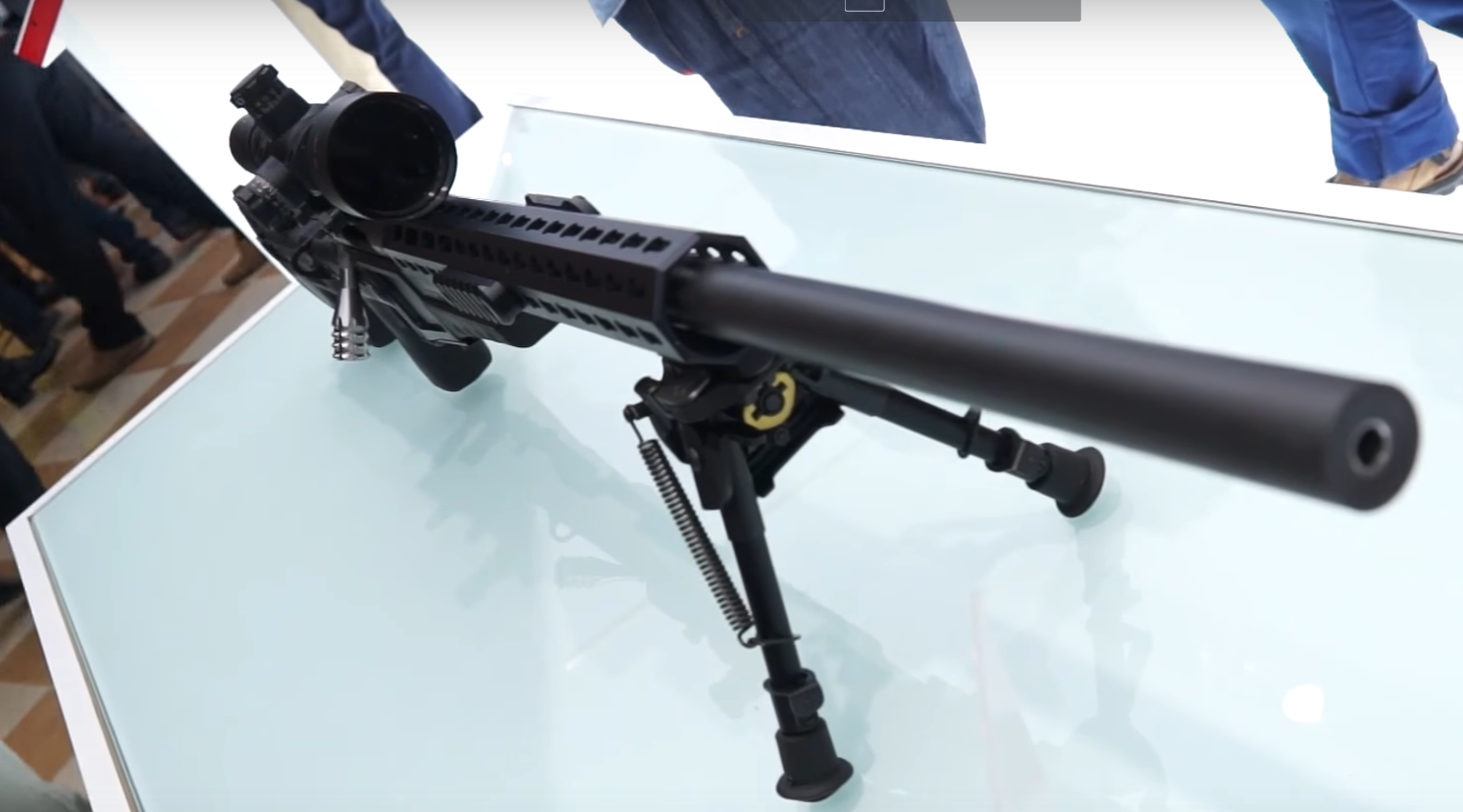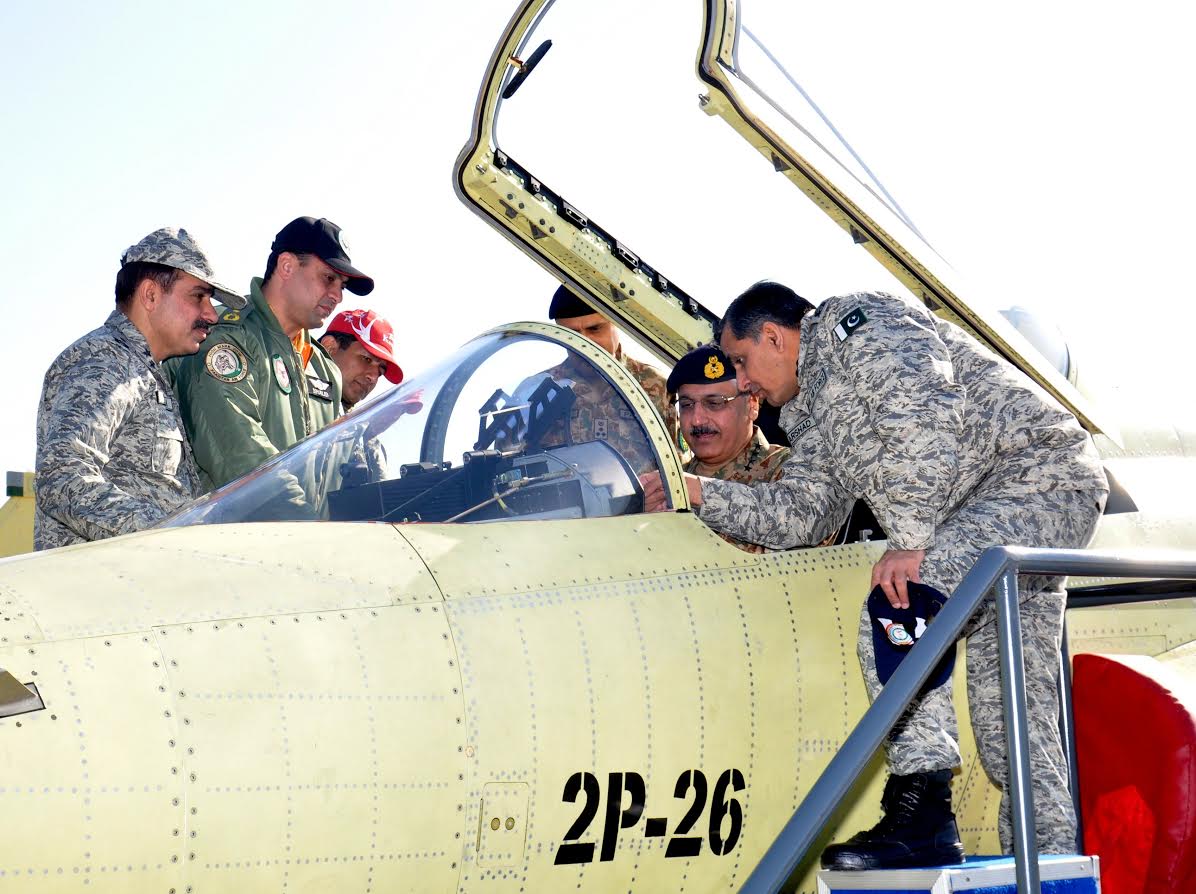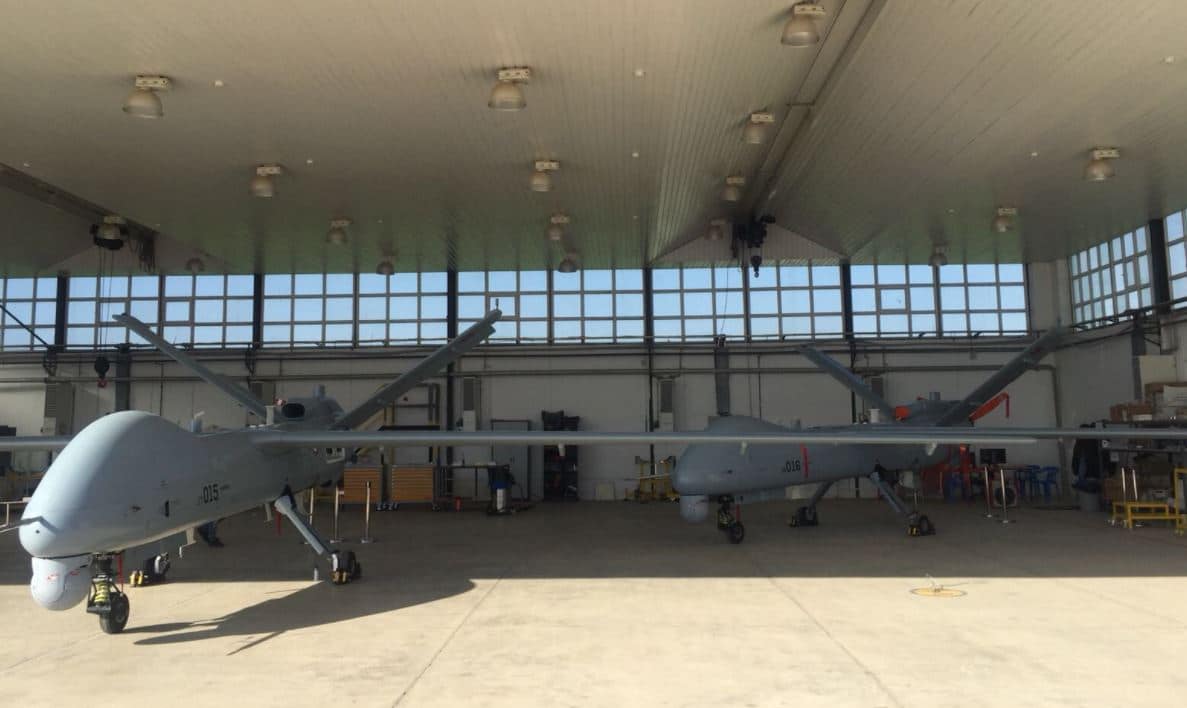2208Views 4Comments

Pakistani senate committee recommends funding boost for defence industry
The Pakistani Senate Standing Committee on Defence Production recommended a funding boost for the country’s defence industry. As per the Associated Press of Pakistan (IHS Jane’s), the committee requested that additional funding be provided directly to the Ministry of Defence Production (MoDP).
Notes & Comments:
Pakistan’s defence industry is responsible for two overarching activities: First, to support the procurement activities of the armed forces. Second, to build and maintain the capacity to undertake production for the armed forces’ acquisitions. Generally, the capacity element would be built with the budget allocated for the purchase, which (in the case of imports) would involve transfer-of-technology and production licenses.
Thus, the defence industry is dependent on armed forces’ procurement, and in turn, so is the industry’s advancement and capacity. However, the Pakistani government has been seeking to position the defence industry as an exporter, one that support the country’s foreign exchange balance with high-value sales to many lucrative markets. For this to succeed, especially against competition overseas, the defence industry must keep pace with current – and emerging – commercial standards, be it in terms of products, services or underlying manufacturing and quality-assurance processes.
It is possible that this funding request is being made to support capacity building, especially in the form of modernizing or expanding production infrastructure, adding new products, or improving current goods.
Pakistan Ordnance Factories’ (POF) activities appear to be an example of this effort. Having registered its highest sales in 2016, POF took steps to introduce new products – such as the Light Sniper Rifle (LSR) – to its product catalogue, modernize its manufacturing facilities, and connect itself to the supply channels of foreign companies, such as Fiocchi in Italy (among others).
It is unlikely that industry-specific funding will compensate for domestic armed forces procurement, which provides guaranteed scale-at-launch. In other words, the industry will not offer something that is not being adopted in Pakistan. Rather, existing military programs – such as the Pakistan Army’s next-generation assault/battle rifle – could potentially be expedited with joint military and MoDP funding. For example, while the Army might stage its small-arms procurement over the long-term, POF could develop the capacity to produce and internationally market the rifle in the near-term.



4 Comments
by Aamir
Any idea when the army will finalize the battle rifle selection?
by Bilal Khan
Not sure where things stand at the moment. The latest official information available is the LoU to negotiate with CZ. I am not aware of anything else.
by Aamir
Not that CZ is bad, but Berretta would have been a better option since they own Sako, Steiner & benelli. Sako provides lever& bolt action rifles, Steiner provides military optic solutions & benelli provides numerous military shotguns.
by Khalid Riaz
The patterns of Pakistan’s defense expenditures are such that it is heavily invested in programs aimed at producing or assembling weapons platforms (JF-17 fighter, Al-Khalid tank, submarines).
It does not have the capacity to completely manufacture any of these platforms because it cannot manufacture engines, which typically require advanced materials. Pakistan does not have a local industry that could produce these materials. This means, the chances of exporting these platforms are limited because when engines and major subsystems are sourced from outside, the costs escalate and comparative advantage is lost.
In contrast to Pakistan, countries such as Turkey, and South Africa, took the route of specializing in sub-systems such as air-to-air missiles, radars, targeting pods, and engineering capabilities aimed at systens integration. Turkey is also producing helicopter and planning to produce next generation fighter aircraft. This means the country is on the cusp of graduating to the next phase of major platform manufacture.
If Pakistan wants to gain comparative advantage in defense production, it must make a course correction and move away from production of major platforms back to producing subsystems. It must resist the temptation of trying to move public defense manufacturing out of the envelope of its overall industrial capacity. Comparative advantage depends on innovation and efficiency, the two qualities for which the public sectors entities do not typically have good track records.
Many advanced countries have used defense expenditures to create impressive new technologies with significant commercial spin-offs. But those governments invested in basic research conducted in their universities, and let the private sector develop defense products. Pakistan has largely eschewed that model.
Our defence manufacturing decisions have been way out of line with underlying industrial capability. To give just one example, the Super Mishak is a viable export product. But we could not produce a light ground attack inexpensive aircraft that was cheaper to operate for COIN operations. It now turns out that the export market for JF-17 is being squeezed from below by such aircraft. We even had Karakaram-8 but we never contemplated positioning ourselves in that market space.